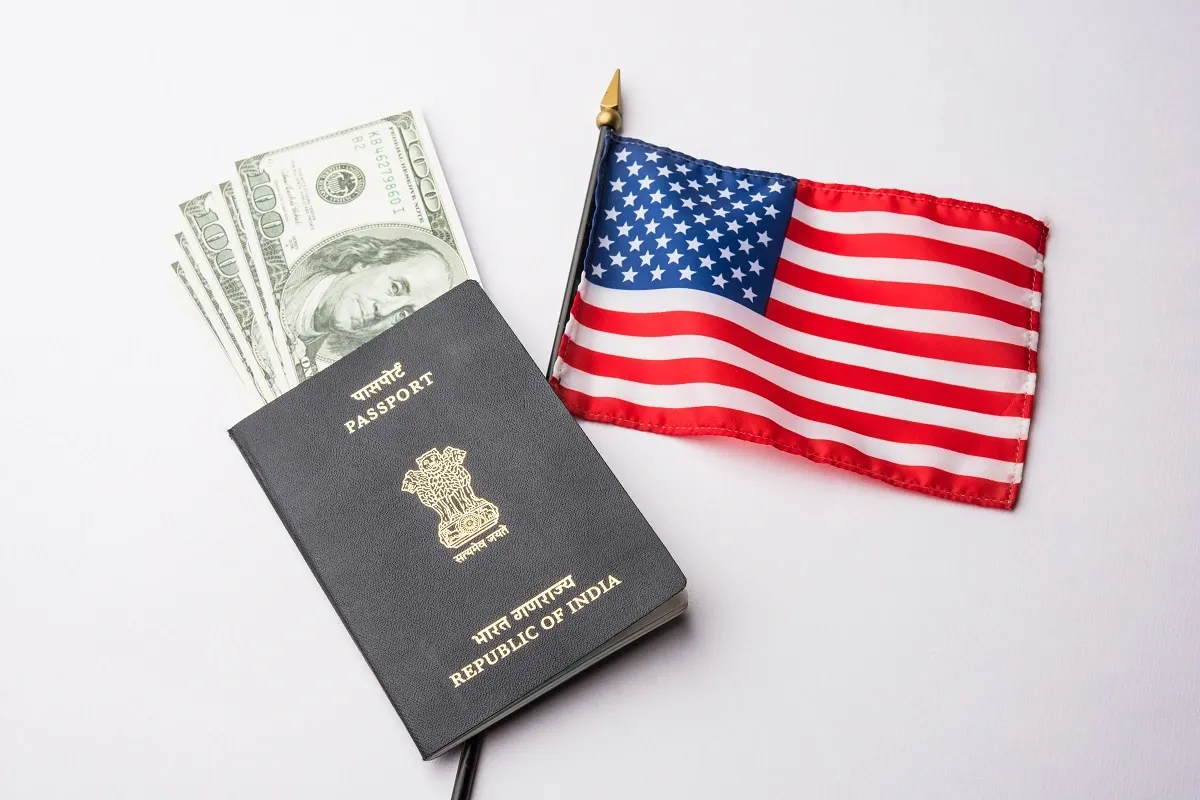Business News
Top Indian IT firms see major decline in H1-B visa approvals, falls by half in FY24 since 2015

3 min read | Updated on December 13, 2024, 18:03 IST
SUMMARY
Indian IT companies have seen a stark decrease in H1-B visa approvals in FY24, falling to less than half in 2015. While the overall denial rate in FY24 was low at 2.5%, it may go up with the incoming Trump administration due to policy changes.

This year, Musk’s Tesla got as many as 742 H-1B approvals in FY24, securing the 16th spot among employers
The top 7 Indian-based IT firms have seen a major decline in H-1B visa approvals in the previous fiscal year (FY24), with only 7,299 petitions approved, as compared to 14,792 in 2015, as per data by a US-based think tank National Foundation for American Policy (NFAP).
The non-partisan thinktank NFAP found that these 7,299 approvals were only 5.2% of the total H-1B visa approvals granted for FY24, which is just 0.004% of the civilian workforce in the US. Although, the overall denial rates for the previous fiscal remained low at 2.5%, decreased from 3.5% in FY23, the study found. The report further stated that the denial rates can rise if the Trump administration brings back the restrictive policies next year as he did in his last term.
As per the data, the company with the most approved H-1B petitions for initial employment was Amazon at 3,871, down from its FY23 figure of 4,052 approvals. Amazon was followed by:
- Cognizant: 2,837
- Infosys: 2,504
- TCS: 1,452
- IBM: 1,348
- Microsoft: 1,264
- HCL America: 1,248
- Google: 1,058
- Capgemini: 1,041
- Meta Platforms: 920
This year, Musk’s Tesla got as many as 742 H-1B approvals in FY24, securing the 16th spot among employers—a significant rise after not even making it to the top 25 in previous years. The approvals in FY24 for Tesla more than doubled for both FY23 and FY22, which stood at 328 and 337, respectively. The company's visa requests were largely driven by its demand for talent in manufacturing, research and development and engineering roles, among others, the report noted.
On the other hand, several Indian IT giants like TCS, Wipro, Infosys and HCL have drastically reduced their use of H-1B visas, bringing it to 56%.
While these Indian firms have a strong presence in the US, they are now focusing more on hiring local talent and offering Green Card sponsorships to attract skilled workers, signifying a shift in strategy.
As per Vic Goel, managing partner at US corporate immigration law firm Goel & Anderson, the rising need for H-1B visa holders is driven by the increasing demand for specialised expertise in fast-paced fields like digital transformation, cloud computing, and artificial intelligence. "U.S. companies must rely on H-1B visas to fill roles with skills not easily found domestically, especially in emerging tech,” Goel said to the Economic Times.
What is an H-1B visa?
An H-1B visa allows foreigners to temporarily work in the United States. This visa program is for employers who want to hire non-immigrant workers. The initial validity for the H-1B visa is 3 years and can be extended for another 3 years. A bachelor’s degree is generally required for an H-1B visa and some positions require higher degrees like a PhD.
By signing up you agree to Upstox’s Terms & Conditions
About The Author
Next Story

